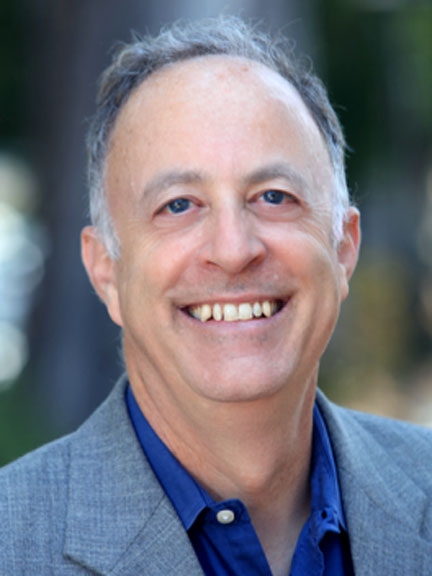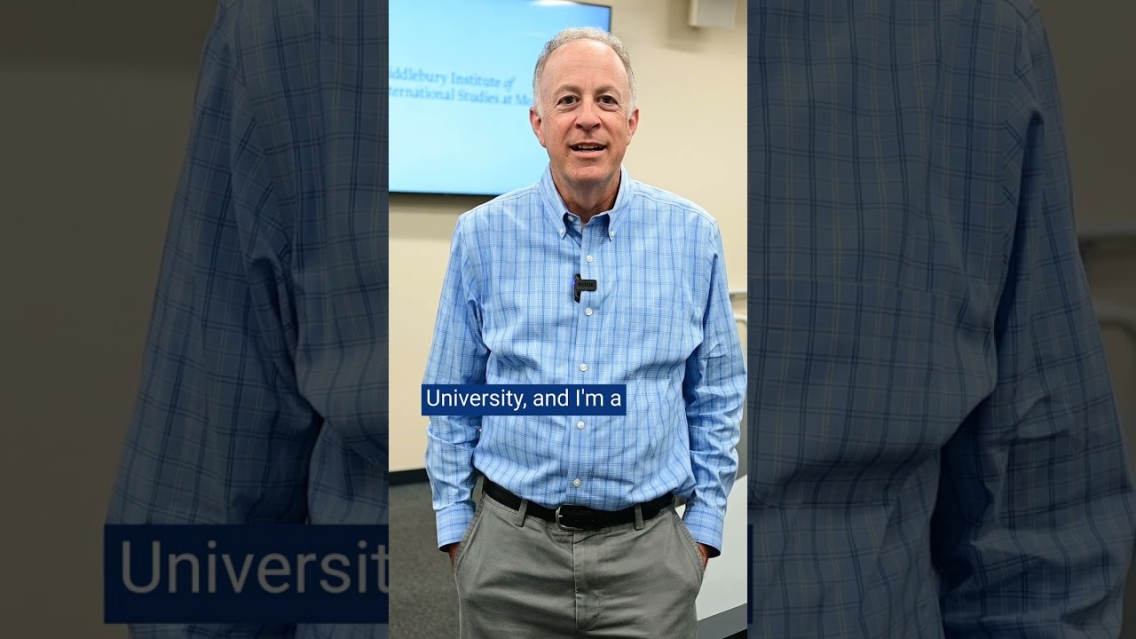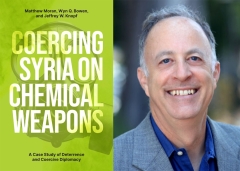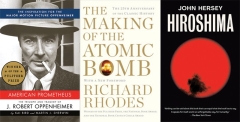Nonproliferation Professor’s New Book Examines Why Deterrence Didn’t Work in Syria—But then Compellence Did
| by Sierra Abukins
Professor Jeff Knopf is coauthor of Coercing Syria on Chemical Weapons, which explores the impact of credibility and the balance of motivations and assurances in efforts to keep Syria from using chemical weapons.




